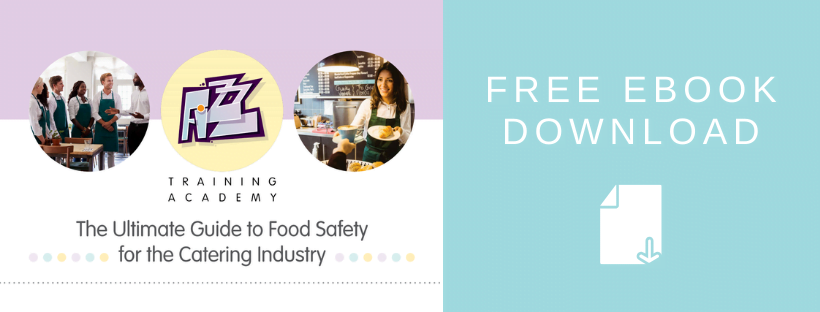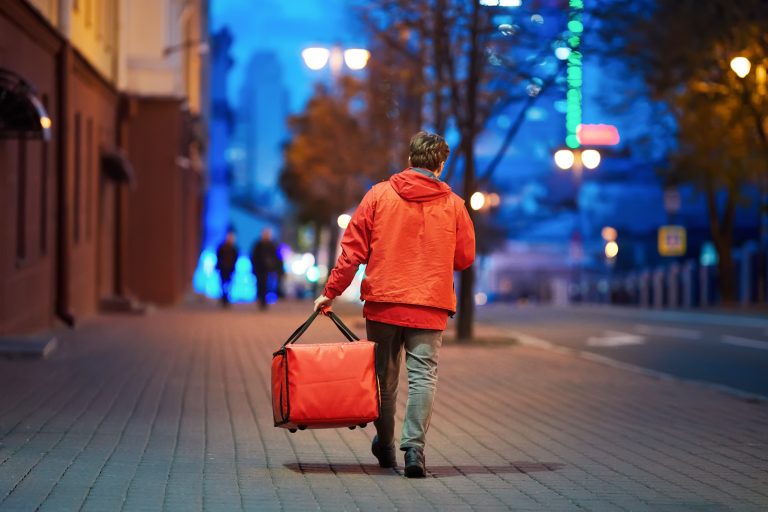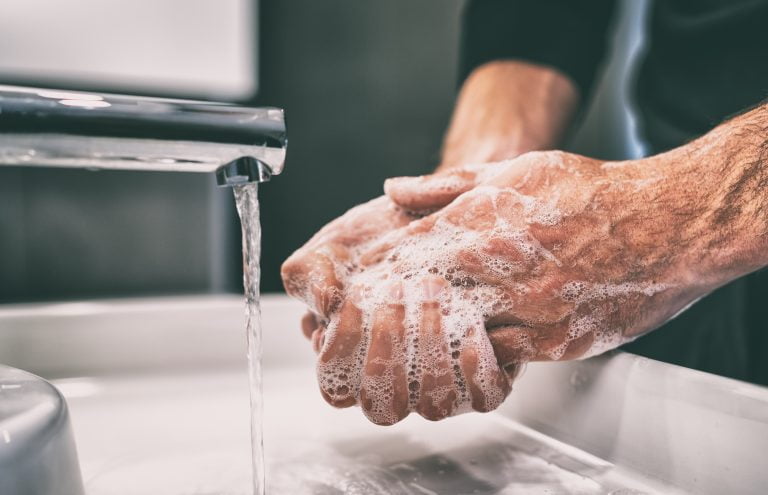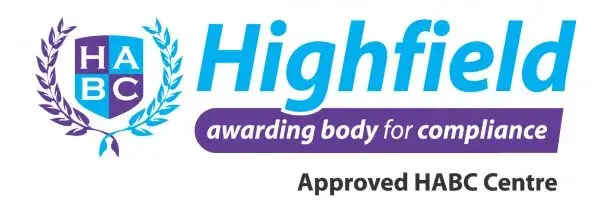Shops, cafés and restaurants across the UK – and the world – have shut their doors in order to combat the spread of coronavirus. However, this does not mean that we should worry about the virus spreading via food.
Covid-19 is a respiratory illness which spreads in a similar way to colds and flu. It moves from person to person via droplets produced when someone coughs or sneezes – these can be breathed in by someone in close proximity or land on various surfaces (handrails or clothing, for example). People catch the virus when they touch their infected hands to their mouth, nose or eyes.

According to guidance from the Food Standards Agency published on Gov.UK, “it is very unlikely that you can catch coronavirus from food”. In fact, the European Food Safety Authority and many other organisations say that there is “no evidence that food is a source or a transmission route”.
Many food businesses are still working behind the scenes to offer takeaway and food delivery services, and most supermarkets and grocery stores are open. Therefore, standard food safety and hygiene practice plus proper management of employee sickness and social distancing measures are absolutely essential to reduce the person to person transmission of this dangerous virus.
Standard food hygiene practice and coronavirus
It is more important than ever for owners and managers of food businesses still operating to make staff aware of the importance of more frequent handwashing and maintaining good hygiene practices in food preparation and handling areas.

The usual standards of personal hygiene required when working with food can provide a good framework.
Before working with food
- Always wash your hands
- Wear clean clothes
- Wear an apron if handling unwrapped food
- Tell your manager immediately if you are unwell. At this time this should include:
- Any coronavirus-related symptoms – the NHS classes a high temperature or a new, continuous cough as the most important to watch out for
- Vomiting or diarrhea
- Take off your watch and jewellery
- It is a good idea to tie hair back and wear a hat or hair net
When working with food
- No smoking
- No eating or drinking
- Avoid touching your face, coughing or sneezing over food
- Cover cuts with a brightly coloured waterproof dressing
How to wash your hands effectively
- Wet your hands thoroughly under warm running water and squirt liquid soap onto your palm.
- Rub your hands together, palm to palm, to make a lather.
- Rub the palm of one hand along the back of the other and along the fingers. Repeat with the other hand.
- Put your palms together with fingers interlocked and rub in between each of the fingers thoroughly.
- Rub around your thumbs on each hand and then rub the fingertips of each hand against your palms.
- Rinse off the soap with clean running water and dry your hands thoroughly on a disposable towel. Turn off the tap with the towel and then throw the towel away.
When to wash your hands
You should always wash your hands after:
- cleaning
- going to the toilet
- every break
- touching raw meat, poultry, fish, eggs or unwashed vegetables
- touching a cut or changing a dressing
- touching or emptying bins
- touching phones, light switches, door handles, cash registers and money
And, of course, before touching or handling any food.
It is important to note that hand sanitizer gels only work on clean hands – they cannot be used as a replacement for thorough hand washing. And while gloves can be used to minimise direct contact with food, they can be contaminated in the same way as bare hands.

Using tongs and utensils to minimise contact with food is an option, though these should also be regularly cleaned, as should other objects and surfaces in regular use, in line with food hygiene practice and the environmental controls set out in the business’ HACCP.
This also applies to food packaging. While not known to pose a specific risk, it should be cleaned and handled in line with usual food safety practices.
Additional considerations – managing employee sickness and social distancing
It is absolutely vital that anyone with a new, continuous cough or a high fever is sent home immediately and asked to self-isolate for seven days. All others in their household should self-isolate for 14 days. Any staff member who may have helped them does not need to leave work or self-isolate unless they develop symptoms. They should immediately wash their hands thoroughly for 20 seconds after contact, though, and discard any temporary clothing.
It is not yet necessary to close a business where someone has shown coronavirus symptoms. Food business owners and operators should keep up to date with Government guidance in case of any changes.
Social distancing is key for staff, plus any customers that still visit food businesses offering takeaway services or general groceries. Everyone should maintain a distance of two metres from one another at all times to minimise the chance of the virus spreading.
People can be difficult to organise at the best of times. The Government suggests a number of ways to implement this advice practically – both inside food businesses and in public areas where people browse and queue.
Ultimately, businesses and the public need to work together to consider everyone’s safety during this difficult time. But standard food safety guidance and Government advice relevant to the coronavirus can provide a sensible framework for business owners and operators to ensure both staff and customers know that you are serious about their health.

Why not refresh your or your team’s food safety training once this crisis is over? Check out our courses.

